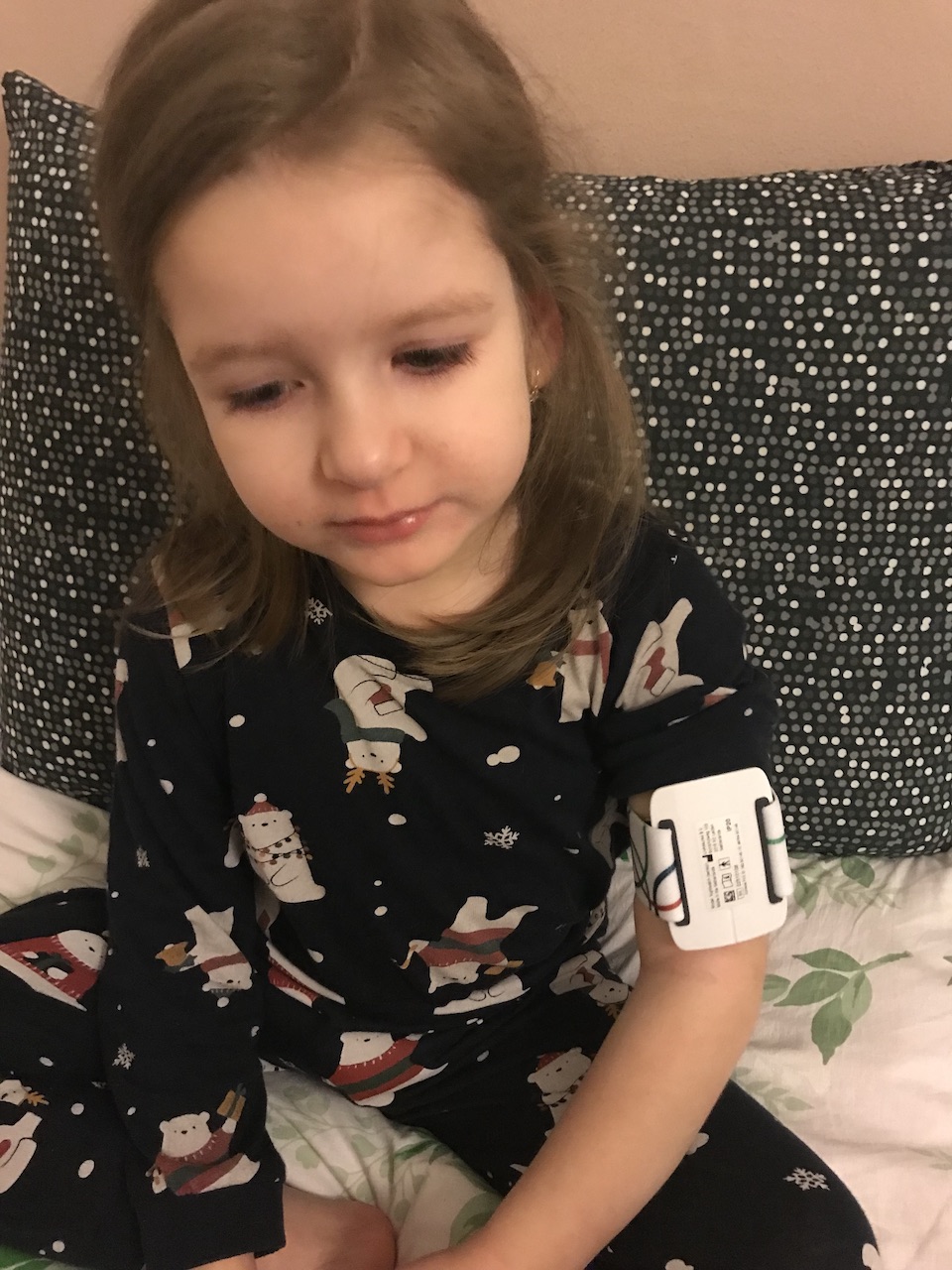MERRY CHRISTMAS…. we will not give up😊
...there are times when children, and also those affected by epilepsy, do not want to know anything about their illness. They don't want to know anything about their parents and are, as they say in Bavaria and Austria, "Zwiderwurzn". (you say [ˈt͡sviːdɐˌvʊʁt͡sn̩] ). And then you have them put on a NightWatch every evening before they go to sleep (“even if it looks pretty chic for a health product” 😉). Well - congratulations! (but please: don’t give up!)
But now it's Christmas time, time for some peaceful and joyful hours, time to relax a bit and say THANK YOU, hopefully. The following story is from me for all committed people in the field of epilepsy (female, male, diverse, etc.) such as those affected by epilepsy, parents, carers, doctors, researchers, health insurance companies, medical device manufacturers, bosses, employees, pharmaceutical companies, advice centers, volunteers, foundations, friends, etc.: You are wonderful and great - thanks to you, help and support, progress happens every day and sometimes small and big miracles happen (which we all need).
When Elen came into the world, she was at first sight a healthy baby. However, in her fifth month, she suffered a prolonged epileptic seizure that lasted more than 40 minutes. After several more seizures and hospitalisations, genetic tests revealed that she suffered from a rare and severe form of gene epilepsy - Dravet syndrome, also called Severe Myoclonic Epilepsy of Infancy (SMEI). Although the disease is genetic, she did not inherit it from either parent; it was just a "gene fault" early in pregnancy. Dravet syndrome is also associated with many other associated diagnoses, such as delayed psychomotor development, hypotonia, attention deficit disorder, unsteady walking, etc. Although Elen looks like a healthy four-year-old girl, she has many limitations in her life. For instance, she has to follow a strict and regular regime, be under constant supervision, stay with the children in the playground, not have too much fun, and not go outside in summer when it is hot outside. All this can lead to a seizure with unconsciousness, which can further delay her development.
Unfortunately, despite all precautions and four different anti-epileptic drugs, Elen has a more significant seizure every week. She can also have seizures during sleep, so we are happy to use NightWatch now.
All these conditions affect our whole family, who must adapt their lives to Elen's needs. Elen cannot attend kindergarten because she tires easily and often sleeps during the day. Despite all the complications, Elen is a very smart and bright four-year-old girl who energises the whole family with her tremendous strength. As her parents, we are happy she has shown us a new path.

Author's note: according to the ILAE, West syndrome has been recognized as a childhood epileptic syndrome since its first appearance (1841) (ICD-10 classification: G40. 4, other generalized epilepsy and epileptic syndromes) and is considered a paradigm of an epileptic syndrome leading to neurological deterioration (epileptic encephalopathy) and has been the subject of numerous studies aimed at understanding the complex relationships between an epileptic disorder and neurodevelopment. BNS refers to "flash seizures, nodding seizures, and salaam seizures."
About Thomas Porschen
Thomas Porschen has been the contact person of the German Epilepsy Association for the International Bureau for Epilepsy (IBE). The international umbrella organization of self-help and lay organizations for epilepsy and Vice-Chair of the European Regional Executive Committee (EREC) of the IBE as well as the contact person of the German Epilepsy Association for questions regarding sudden death from epilepsy (SUDEP) since 2021. Since 2022 he is a stopSUDEP ambassador for the Oskar Killinger Foundation. As of December 2022, he is also a NightWatch Ambassador for Germany. He likewise leads a regional epilepsy support group (currently digital meetings) and is also involved nationally with the Hesse state association, among others. Direct email contact to Thomas: info@epilepsie-online.de
Dear Thomas, thank you very much for your much-appreciated story and effort!
The NightWatch-Team!
Story by Birgit-Elisabeth Langen